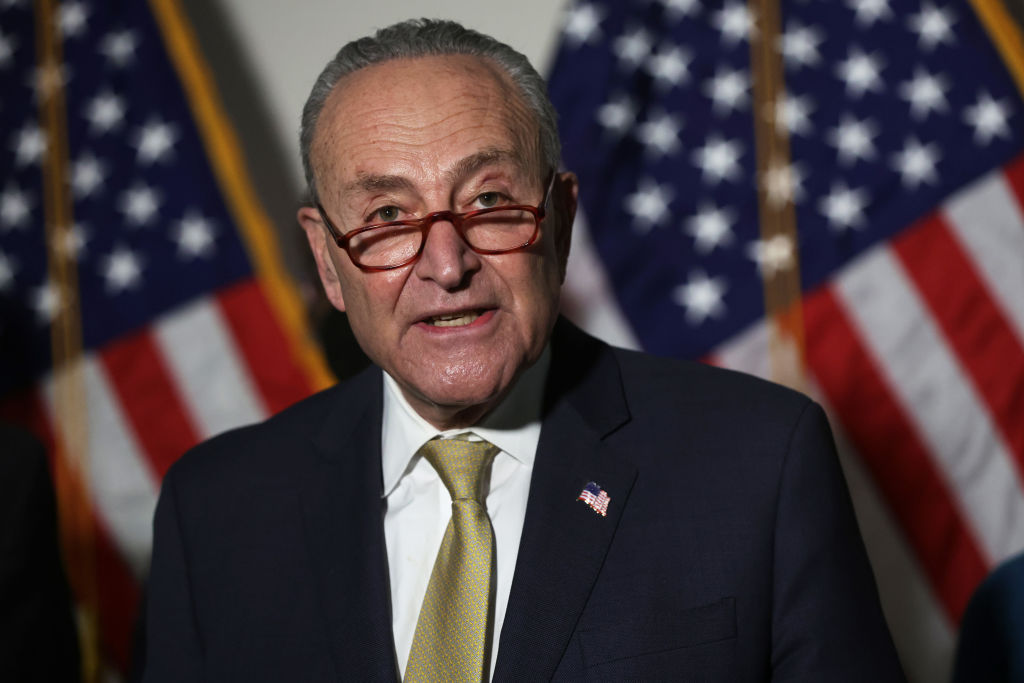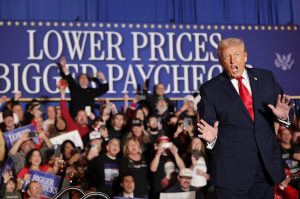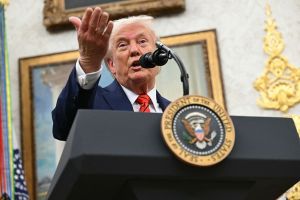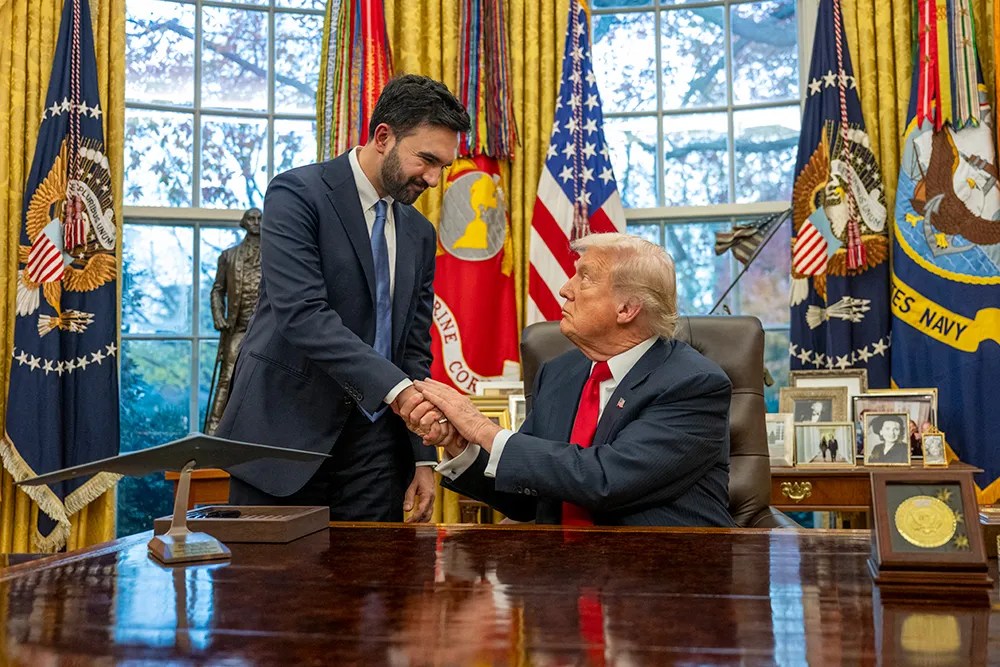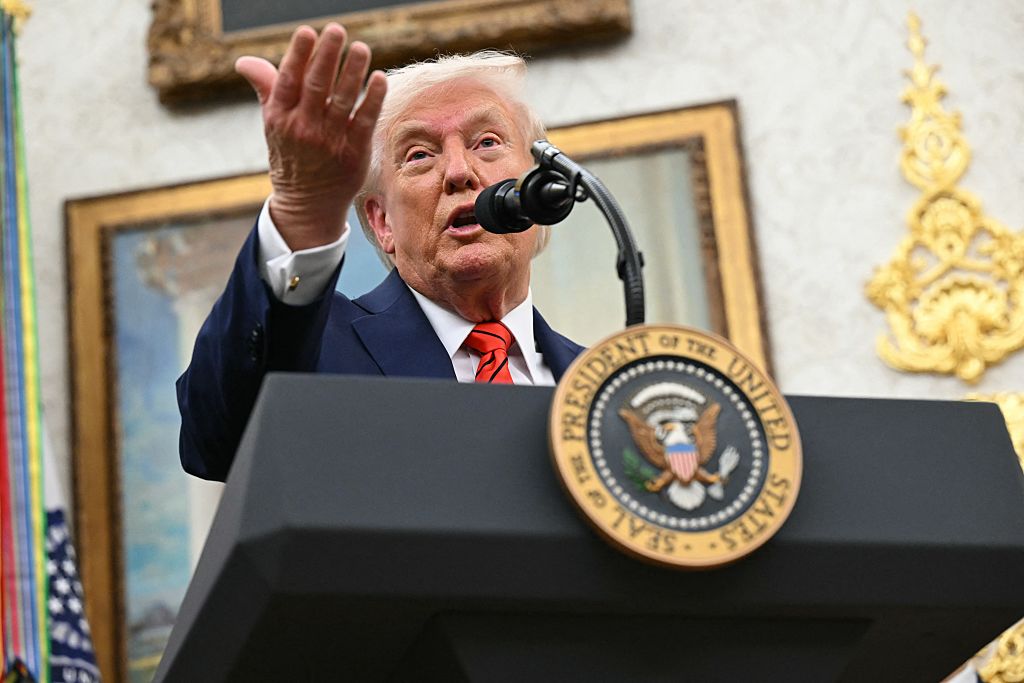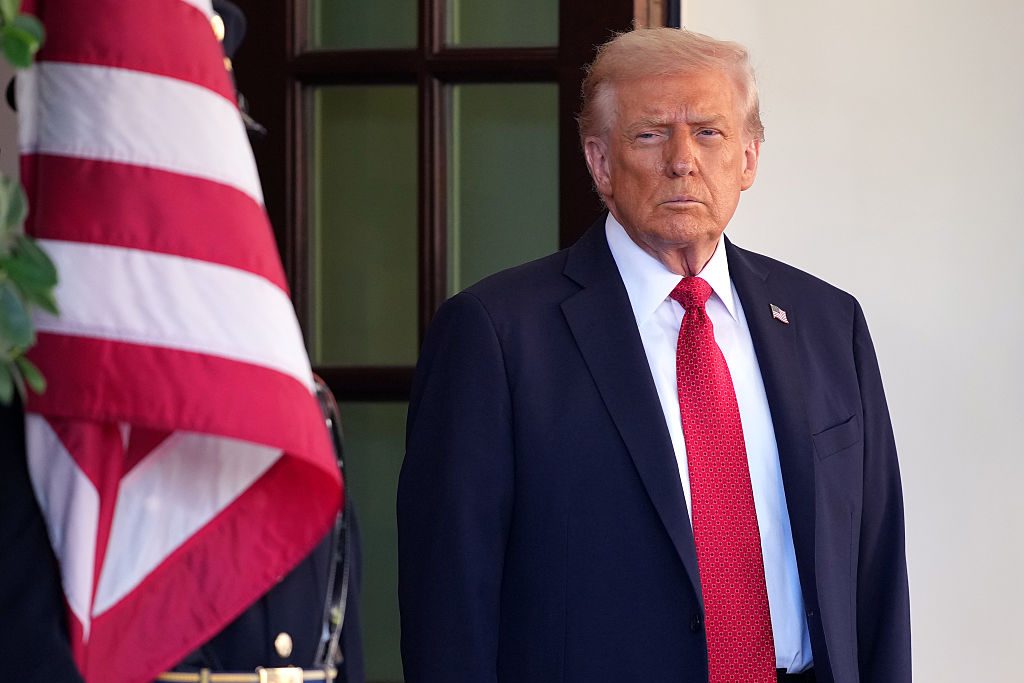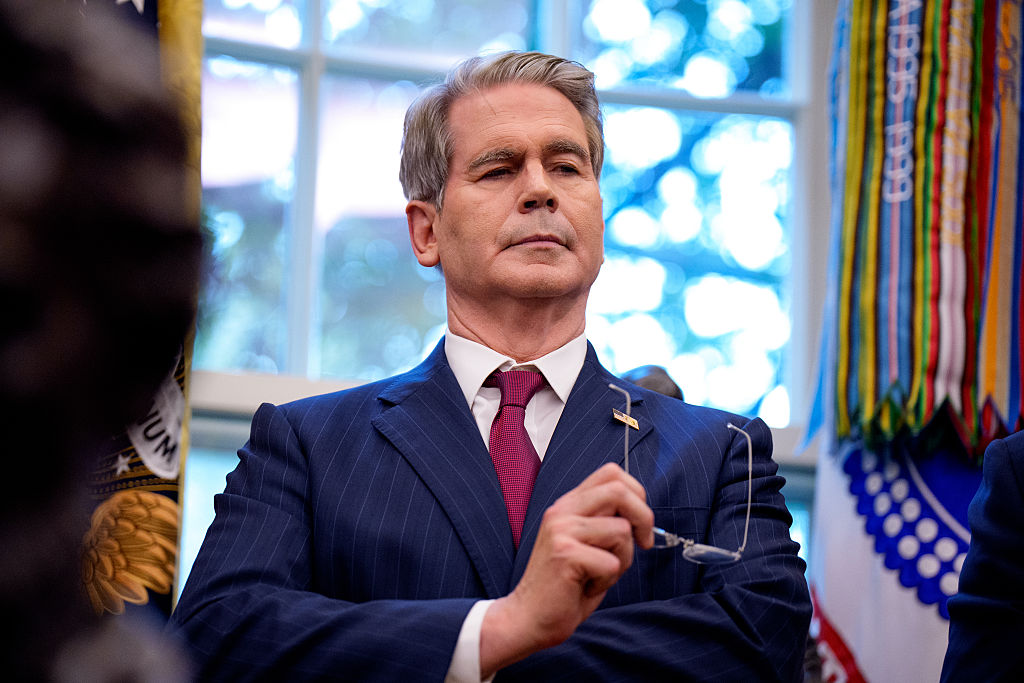Senate Majority Leader Chuck Schumer knows how to fix inflation: higher taxes.
“If you want to get rid of inflation, the only way to do it is to undo a lot of the Trump tax cuts and raise rates,” surmised the New York Democrat to reporters on Tuesday, after meeting with West Virginia Senator Joe Manchin about the budget. “No Republican is ever going to do that. So the only way to get rid of inflation is through reconciliation.”
Manchin saw it slightly differently, portraying tax increases as budget reduction tools. He believes debt reduction is “the only way” to fight an inflation problem that threatens to wash away Democratic majorities in Congress. Manchin, whose public disinclination towards White House policies tends to irk his fellow Democrats, wants to raise corporate taxes to 25 percent and capital gains taxes to 28 percent.
Some economists are skeptical that tax hikes will solve inflation. “[T]he type of tax increases Manchin and the Democrats want are unlikely to be those that have a large impact on aggregate demand,” observed Kyle Pomerleau, a senior fellow at the American Enterprise Institute, in an email. “Manchin is looking to raise taxes on high-income households and corporations. This group of taxpayers tends to spend a lower share of income than low and middle-income households.”
Garrett Watson from the Tax Foundation sees raising taxes as alarming because it would “discourage investment in new business opportunities.” His fear is that it would exacerbate the current worker shortage with rising interest rates, damaging the turbulent economy.
Watson and Pomerleau prefer to tackle inflation with spending cuts along with continued Federal Reserve rate increases. There’s plenty of evidence suggesting that spending cuts help control inflation. Mercatus Center researchers Veronique de Rugy and Jack Salmon looked at 136 fiscal consolidations dating back to 1997 involving countries like the U.S., United Kingdom, Sweden, India, and Australia. They found that the 45 countries that cut spending during an economic downturn saw success more often than failure. Whereas the 69 countries that relied solely on tax increases failed more often than succeeded. It’s a stark difference but, as de Rugy and Salmon write, fiscal consolidation must be long-term.
This puts politicians in a massive bind because they’re the ones deciding where cuts happen. Kurt Couchman from Americans for Prosperity argues for Social Security and major health program cuts as the only way to “get the budget on a sustainable path.” He adds that fixing Congress’s broken budget process by putting together all spending and revenue might help because it would “become possible to build ad hoc coalitions to shift resources from lower to higher value activities.”
There is another way to cut that wouldn’t so upset those worried about health care spending or the social safety net. Researchers from the Organisation for Economic Co-operation and Development wrote in 2015 that equal across-the-board cuts prevent people from thinking one industry is being buoyed over another. The paper also encouraged honesty from politicians on the need for fiscal consolidation running up to an election. This would require them to stop worrying about the next election and focus instead on financial stability. Not exactly something they’re wont to do.
It’s possible that Manchin and Schumer get their wish and push through new tax hikes via budget reconciliation. That would require unanimity from congressional Democrats who face a real chance of losing their majority in November. And Arizona Senator Kyrsten Sinema seems unlikely to support any tax hikes (unless she decides to head off a potential 2024 primary challenge from Congressman Ruben Gallego).
Perhaps President Joe Biden will decide to do his best Bill Clinton imitation by working with Republicans, if/when they win congressional majorities in November. That, however, will require Republicans to present a different vision of America that’s not rooted in a Donald Trump fetish or culture war.
It’s here that James Carville’s famous “It’s the economy, stupid!” quote rings true. It is the economy. But what will Republicans do about it? They’re just as responsible as the Democrats for massive budget deficits, higher spending, and the Fed arbitrarily keeping interest rates low. Nothing will change unless meaningful cuts happen. The only question is which party will realize the need for fiscal sanity first.



